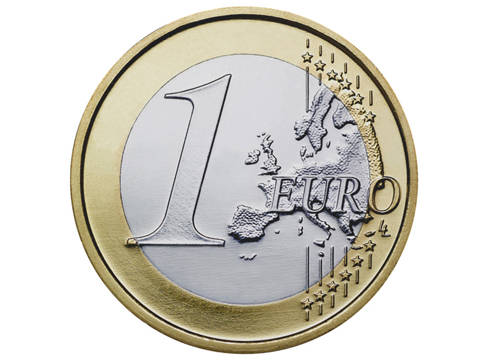
At the end of each year our partners at the Fundación para las Relaciones y el Diàlogo Exterior (FRIDE) reflect on the challenges that are likely to shape the European Union’s (EU) foreign policy agenda over the next twelve months. As the most recent bailout package for the floundering Greek economy demonstrates, the unifying thread of these challenges is that of geo-economics.
In Challenges for European Foreign Policy in 2012: What Kind of Geo-Economic Europe? FRIDE argues that the ongoing Euro crisis – coupled with shifts in global power that our Editorial Plan continues to analyze – has heralded the return of a more assertive focus on immediate economic interests. Accordingly, geo-economics is defined by FRIDE as 1) the use of statecraft for economic ends; 2) a focus on relative gain and economic power; 3) a concern with gaining control of resources; 4) the enmeshing of state and business sectors; 5) the primacy of economic over other forms of security.
But what geo-economic objectives are EU member states likely to pursue? Well, in keeping with the abovementioned predictions, FRIDE examines the geo-economic thinking behind the foreign policies of some of the EU’s largest states. This forms the basis for analysis of developments throughout the developing world and how they might impact upon geo-economic calculations over the next 12 months. Finally, FRIDE tries to untangle the impact of geo-economics on the EU’s approach to global governance and security.
FRIDE concludes that 2012 is likely to be punctuated by EU member states defying common strategies and policy objectives by pursuing “very direct national material interests” and bilateral geo-economic policies. As a result, EU member states are likely to become increasingly competitive when seeking commercial access to the developing markets of Asia, Africa and Latin America.
But it is not all bad news. Despite the potential for increasing bilateralism, EU trade and investment efforts across the Middle East and Sub-Saharan Africa have intensified. This reflects FRIDE’s argument that the EU has not entirely abandoned its multilateral approach to economic policies. Indeed, the EU is by no means approaching geo-economics in the same way as China or the United States who continue to push for dominance of global strategic resources and transport nodes. If so, the EU’s approach may prove vital in their attempts to tap developing markets to its own economic recovery. Something that will be very welcome in Greece.
FRIDE is a European think tank for global action, which provides innovative thinking and rigorous analysis of key debates in international relations. Its mission is to inform policy and practice in order to ensure that the EU plays a more effective role in supporting multilateralism, democratic values, security and sustainable development.

